The Illusion of Neutrality
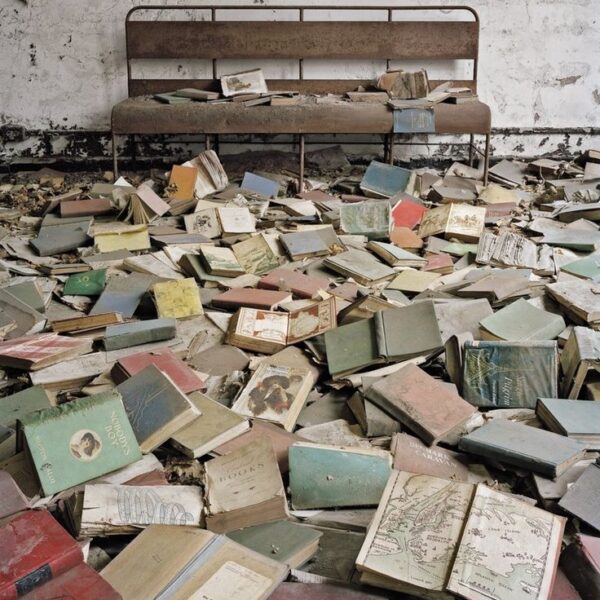


Books in a pile
The Illusion of Neutrality
Dena Miles
In Sam Winn’s article “The Hubris of Neutrality in Archives,” a strong argument is presented regarding the inherent biases that affect the work of archivists. Winn contends that achieving true neutrality is not only unrealistic but also a diversion from archivists’ ethical responsibilities in preserving histories. She states, “The scholar may swear to his neutrality on the job, but whether he be physicist, historian, or archivist, his work will tend… to maintain the existing social order by perpetuating its values” (Sam Winn, 2017). This acknowledgment of biased archival practices that often go unexamined shows how these biases, shaped by individual backgrounds and societal norms, can lead to the unintentional erasure of marginalized voices.
Winn emphasizes the need for archivists to actively “reprogram internal bias” to include diverse narratives, arguing that historical narratives are constructed rather than naturally occurring (Sam Winn, 2017). This perspective raises important questions about the everyday practices of archivists and the language they use. For instance, here at PVAMU, our school’s historical beginnings are often watered down to suppress further the complex disrespect our campus has faced since its inception. By failing to confront personal and institutional biases, archivists risk perpetuating exclusive descriptions that deny these groups the recognition they deserve.
The article “Archives Are Not Neutral” reiterates this sentiment by emphasizing that archives should reflect the complexities of their communities, advocating for the inclusion of multiple voices in historical records. “The Hubris of Neutrality in Archives” compelled me to reassess the role of archivists in shaping historical narratives. To move forward, it is crucial that we embrace the responsibility to acknowledge biases and actively work towards more inclusive practices. By doing so, archivists can create a more prosperous, more diverse historical record that honors all voices, reinvigorating public history’s role in society.
WORK CITED
Sam Winn, “The Hubris of Neutrality in Archives,” Medium.com, April 24, 2017, https://medium.com/on-archivy/the-hubris-of-neutrality-in-archives-8df6b523fe9fLinks to an external site.
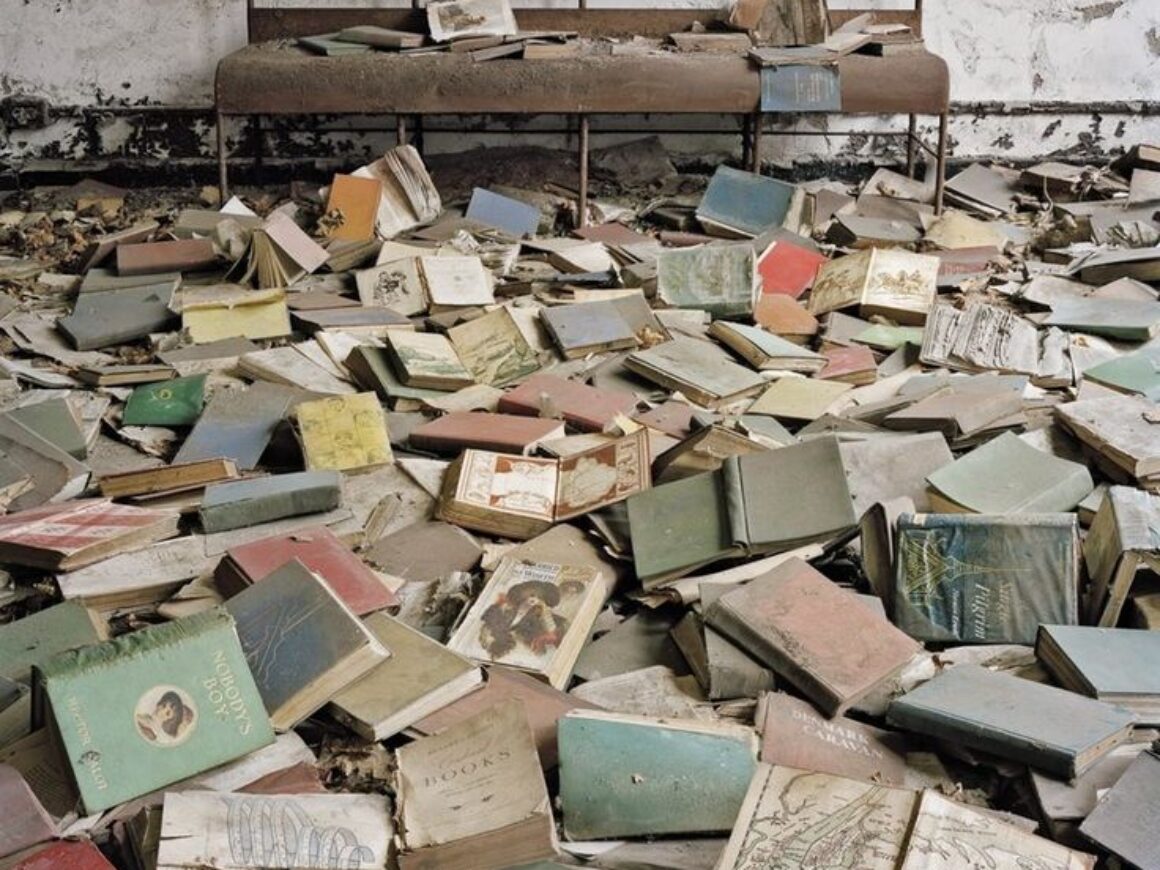
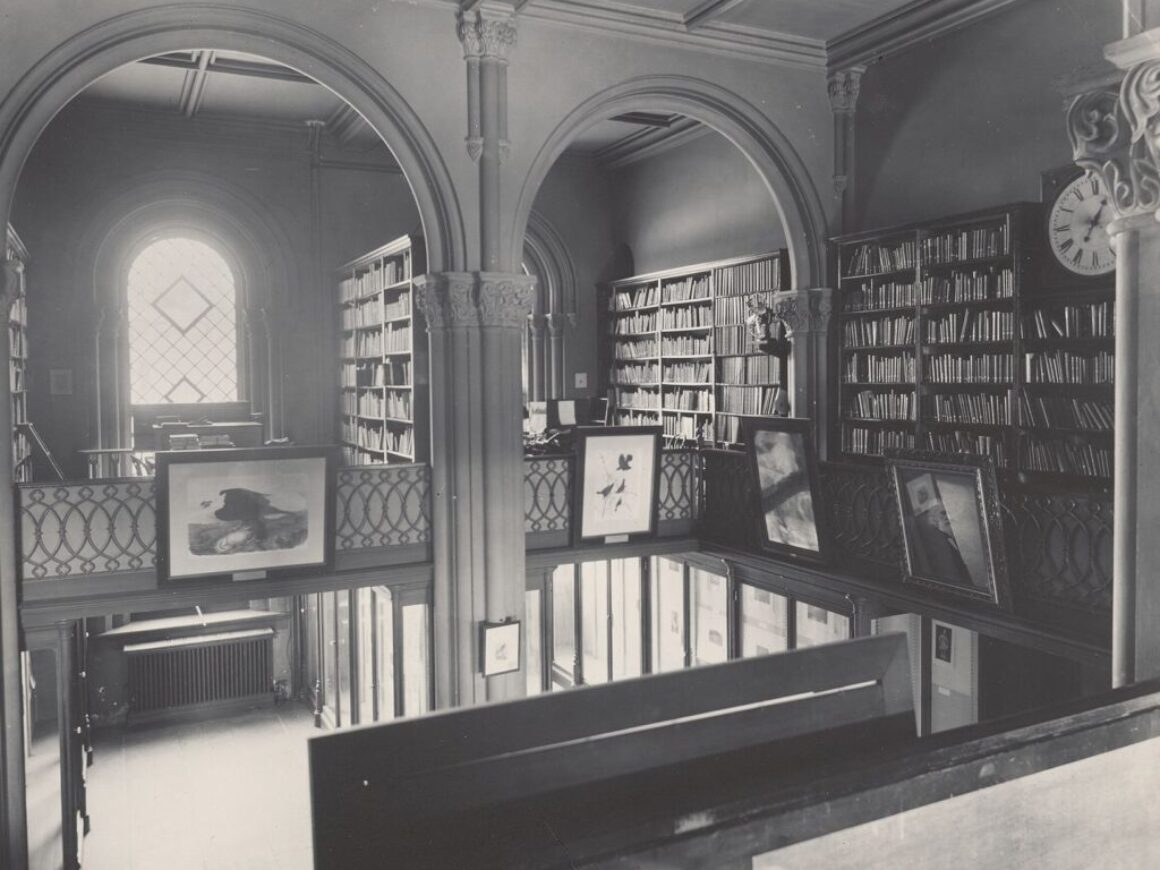

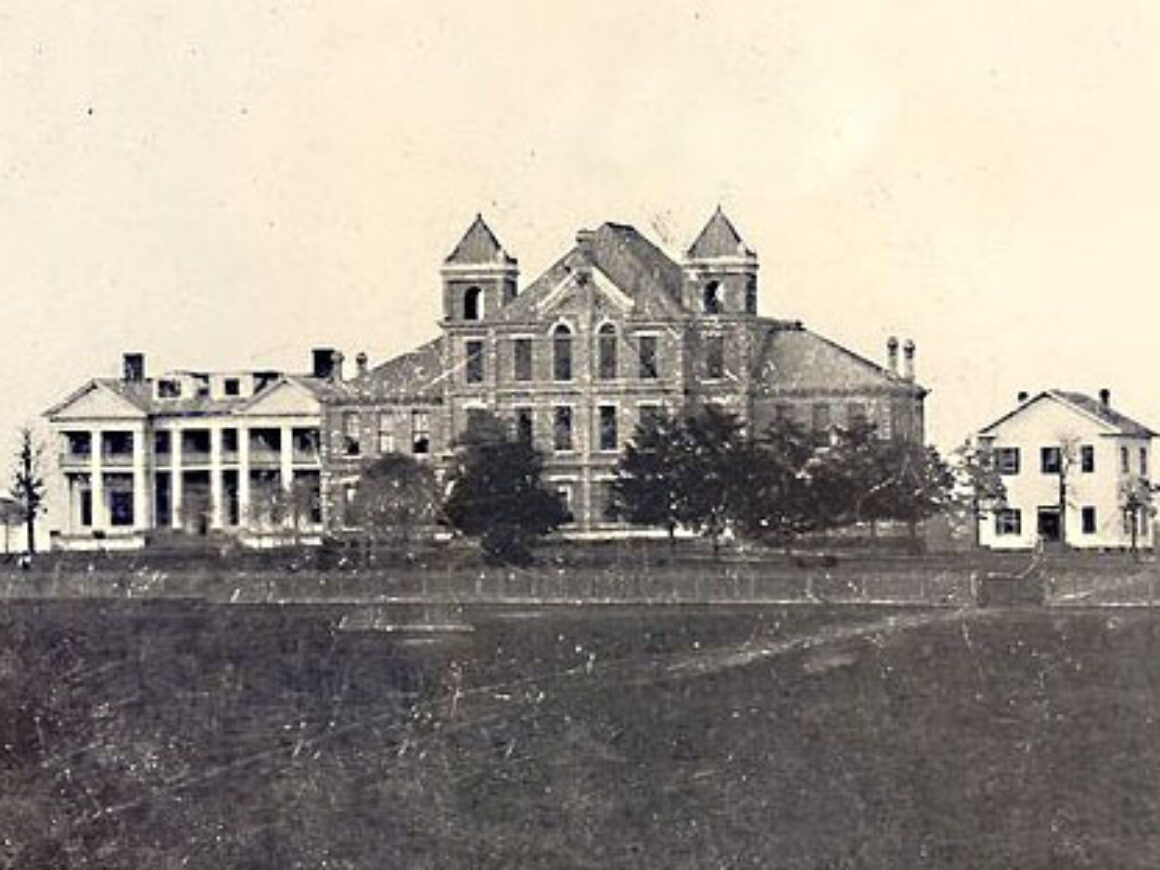

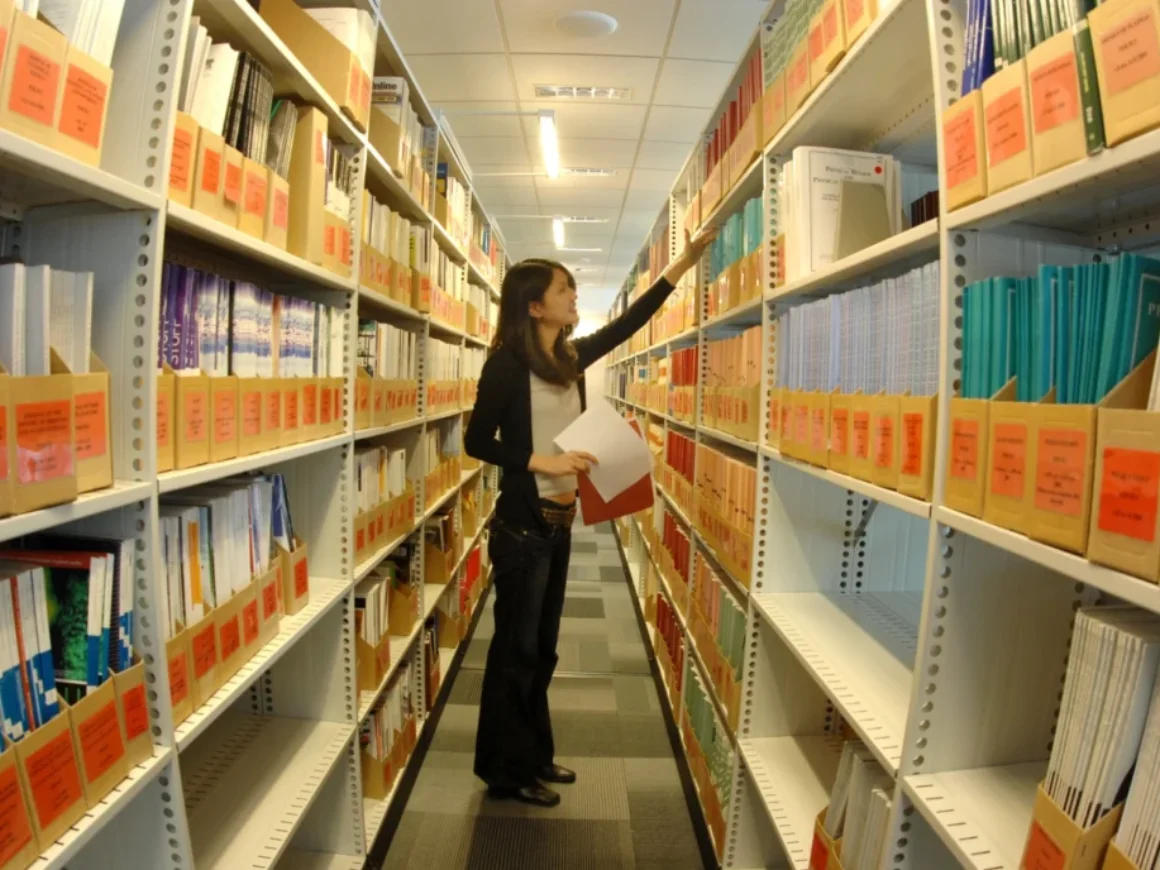
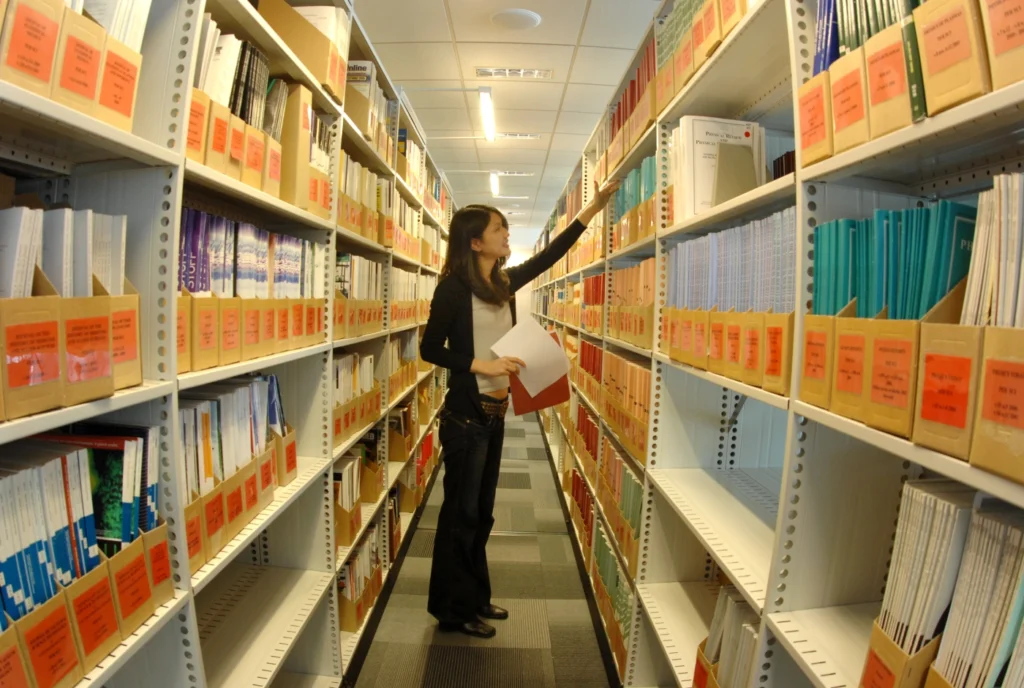
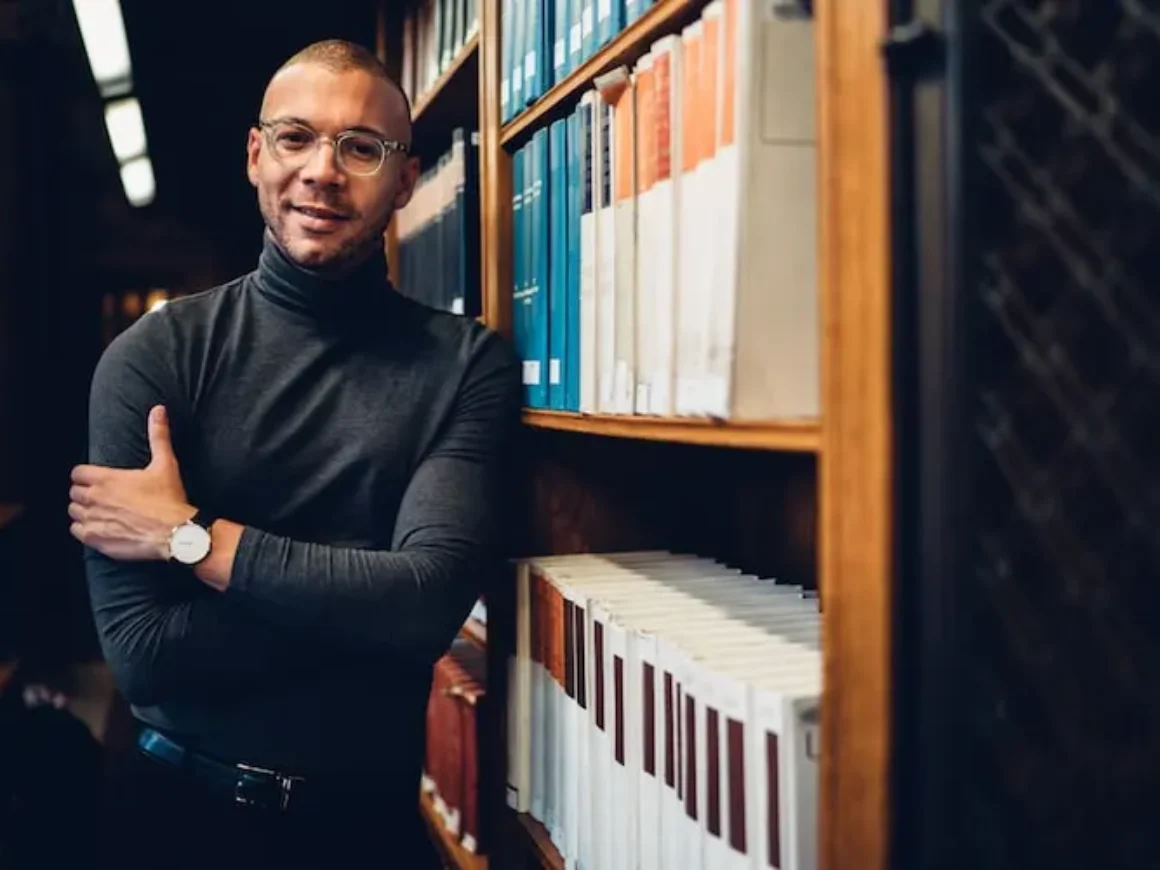
![Archivist in Library An unidentified man standing next to the book stacks [Photograph by Unknown photographer, 2021]](https://pvpantherproject.com/wp-content/uploads/2025/02/archivist-in-library-1.webp)